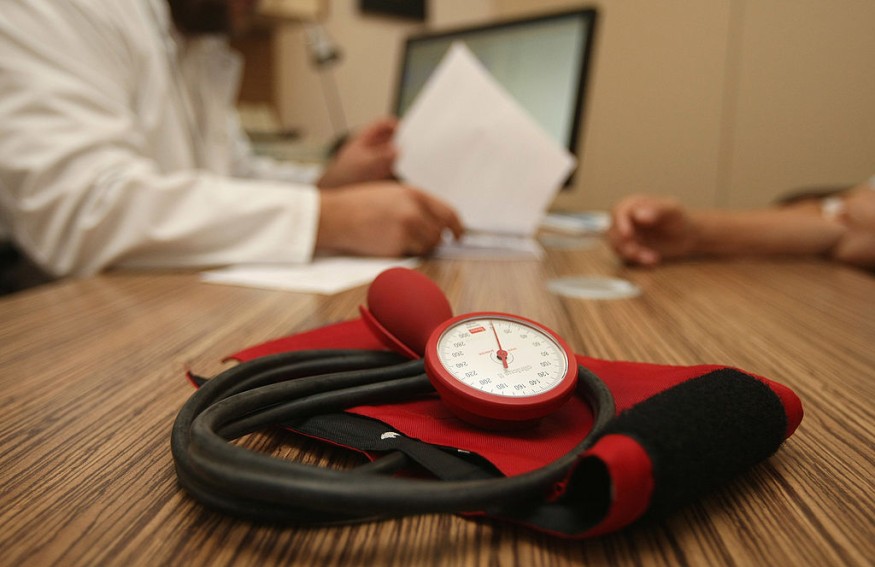New medical research might have found an additional solution against high blood pressure. According to the study, this novel approach will burn the nerves near the kidney organs to achieve a lower intensity of blood pressure in patients who are not responding to other treatments and medications.
Kidney's Role in Blood Pressure

It has been decades since discovering the association between the kidneys and blood pressure that is pumped throughout the human body. Alongside the heart, the kidney is also responsible for regulating the blood flow, ensuring the distribution of the cells accordingly.
According to the study, renal denervation might help engage high blood pressure and lower it in a person. The catheter is injected into the thigh's femoral artery through this method, which allows a closer localization of the separate nerve responsible for feeding the kidney.
From this point, radio wave pulses will be directed to the nerves in the artery walls, burning them and reducing the intensity of the blood pressure.
Although the concept is not new, there was only a little information and supporting evidence that it could improve blood pressure levels. To perfect the therapy, scholars from Germany's Saarland University carried out an investigation.
The new study on blood pressure was conducted with the help of 80 individuals that are diagnosed with high blood pressure. All of the participants still experience the crippling effects of the disease even after being given long-term antihypertensive drugs that eliminate the condition, NewScientist reports.
Among the participants, 38 people took the renal denervation therapy, while the remaining 42 were given a placebo operation, serving as the control group. The study was led by Saarland University's cardiology, angiology, and internal intensive care expert Felix Mahfoud and other colleagues.
Renal Denervation by Burning Arteries Near Kidney
The systolic pressure, or the blood pump force throughout the body, was measured from each patient before the experiments. They averaged between 150 and 180 millimeters of mercury (mmHg). People who will exceed 140 mmHg are considered high.
The diastolic pressure, or the blood flow resistance throughout the vessels, was measured at 90 mmHg.
After three years of the procedures, both the systolic and diastolic pressures recorded from the experimental participants were 10 and 5.9 mmHg lower than the initial readings. On the other hand, the control group did not show any significant changes in their blood pressure. Most of the participants are taking antihypertensive drugs during the investigation.
Mahfoud's team theorized the mystery behind the effect of renal denervation as the outcome of the shock to a particular point in the nervous system. Through the approach, the authors believe that either the body's blood vessels are reconfigured, or it shakes the hormonal functions of blood pressure that are kept in the kidney organs.
The study was published in The Lancet, titled "Long-term efficacy and safety of renal denervation in the presence of antihypertensive drugs (SPYRAL HTN-ON MED): a randomized, sham-controlled trial."
RELATED ARTICLE : People Who Survived Heart Attack Have Reduced Risk of Developing Parkinson's Disease, Study Claims
Check out more news and information in Medicine and Health Science Times.
© 2025 ScienceTimes.com All rights reserved. Do not reproduce without permission. The window to the world of Science Times.











